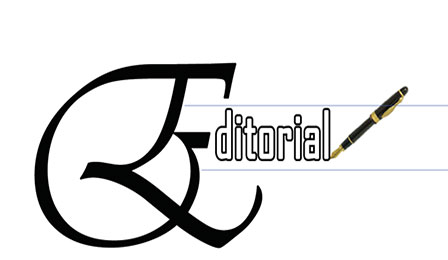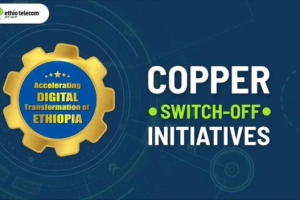
In his article Who Killed Democracy in Africa Prof Ali Mazrui hints that the average shoe size for a Europe could not be the right fit for an African. By the same token, a policy taken wholesome from elsewhere could not be the right fit for a nation that needs policies tailored to its size. Facts on the ground or socio, economic, cultural, natural and political backdrops must be taken into account to come up with policies which could serve winning formulas that catapult a nation to a higher rung of developmental ladder pulling it out of an economic morass. As opposed to this fact, attracted by the political flame ablaze elsewhere, akin socialism, nations like Ethiopia influenced by politicians that imbibed such doctrines were adopting wrongheaded policies divorced from the tangible situation under their respective skies.
In another twist, some affluent nations with a sole focus of meeting their ends twist the arms of developing countries either via loan or aid to dictate to them what policies to pursue. This is another fatal mistake because poor nations could go off track turning Trojan horses of the all-powerful. Obviously, to trace back the right path it could take these nations’ eons. Even after nations brought into play golden policies hurdles related to translating policies into action could force the policies to remain paper tiger ones to the grudge of citizens expectant of a swift turnaround in their lives.
Improprieties are one of the aforementioned bottlenecks that results stillborn births of viable policies. Due to job placement based on affiliation, gaps in competency of policy implementers create frictions when policies are jumpstarted. Lack of commitment on the side of implementers also takes the steam out of the zeal of actualizing policy objectives. Failure to digest the policy objectives, more often, not made to sink in among the majority could also prove a stumbling block toward achieving desired goal.
Also laxity in bolstering policy implementation by all out support could bedraggle the delivery of policies. The work culture has to be there. Politicizing things such as using agriculture extension workers for recruiting purpose of party members could make policy implementation suffer a setback. This trend could scare away many. The conspiracy of the aforementioned stumbling blocks could make people point their fingers at policies and make acerbic remarks calling for changes.
Ethiopia is envisaging materializing ascension into industrialization using agriculture as a springboard. That is why it adopted the agriculture-led industrialization program and introduced two huge development and growth programs utilizing its massive wealth in the agriculture sector. Ethiopia aspires to actualize industrialization that focuses on the manufacturing sector on top of realizing food self-sufficiency.
The coming into being of the FDI –attracting industrial parks including the ago-processing ones is the result of the aforementioned pushes. Observably, the agriculture and manufacturing sectors cross fertilize each other. Seen through the aforementioned prism the policies Ethiopia chalked out to pull out millions from the quagmire of poverty deserves a standing ovation. Making a mountain out of a mole hill underplaying its golden policies, like agriculture-led industrialization program, the observance of which stop short of full implementation doesn’t work.
Rather doing away with observed strangleholds on getting the ball rolling sounds plausible. The strangle holds include torpor, skills gaps, shallow understanding of policies and improprieties. It is when golden policies fail to exhibit the sought-after societal change they could be downplayed and changed but not because they were not properly translated into action. Rather backing up the implementation in concert is called for. Creating platforms for assessing things and cross pollinating ideas are recomebndable.
The Ethiopian Herald Sunday Edition May 19/ 2019





